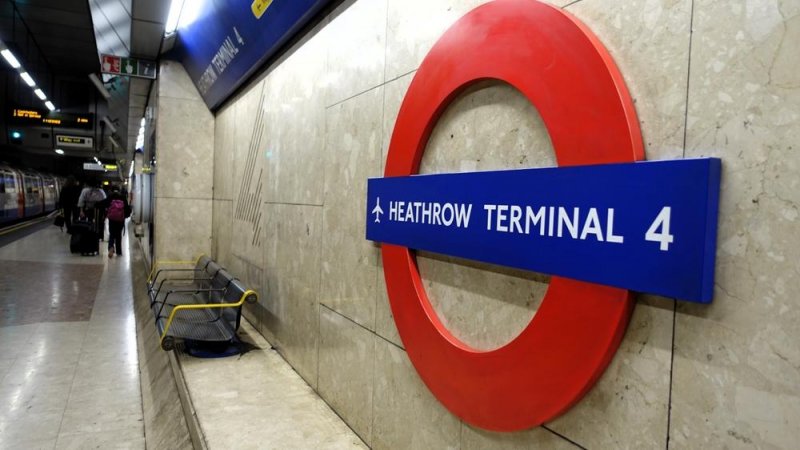Heathrow Airport has resumed operations after hundreds of flights were canceled following the shutdown.
After Heathrow was shut down last night (Friday) for a day due to a fire that reportedly stemmed from an electrical short circuit, this morning (Saturday) the airport announced: "Flights have resumed at Heathrow following the power outage yesterday.
If you are scheduled to fly today, we recommend that you contact your airline for the most up-to-date information before heading to the airport.
We apologize for the inconvenience and appreciate your patience as operations return to normal."
It is worth noting that last night (Friday) the largest airport in Europe was closed for a day following a fire, with the airport not operating both incoming and outgoing flights until midnight (March 21, 2025). According to the official statement from the airport, the closure was decided due to what was described as "a fire at a substation providing electricity to the airport."
Following the shutdown of the airport last night, airlines issued repatriation flights and responded to the closure of the largest airport in Europe: "Thousands of our passengers will be affected." It was also stated: "We apologize for the disruptions and are assisting passengers."
The International Air Transport Association IATA blamed Heathrow and argued that "the airport's closure indicates a serious planning failure."
Willie Walsh, the CEO of IATA, noted: "The closure of Heathrow Airport is causing great distress among passengers. We appreciate the patience of those affected, as airlines focus on getting them to their destinations as quickly and efficiently as possible.
This is yet another example where Heathrow disappoints both passengers and airlines. It raises serious questions. First, how is it that critical infrastructure—of national and global importance—is dependent on a single power source without a backup? If that is the case—as it seems—this is a clear planning failure on the part of the airport. Hence, the question arises of who is responsible for the costs of dealing with affected passengers."
